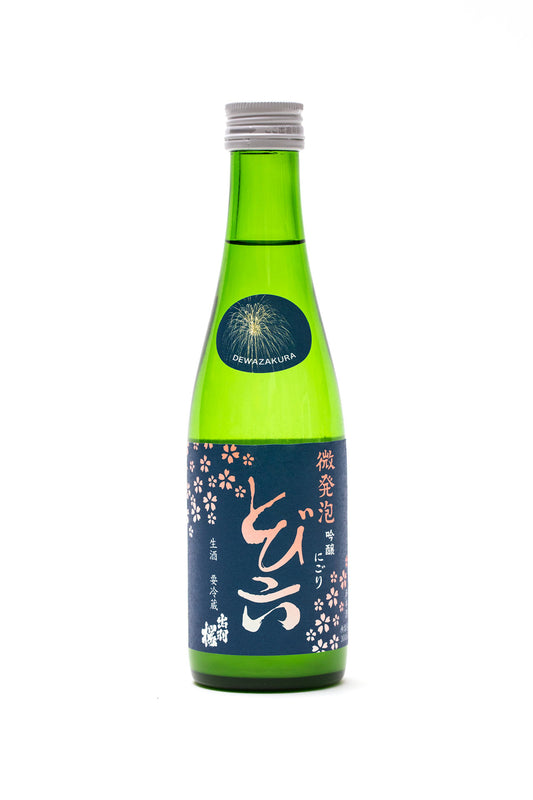-
Biden 1999 Koshu
Regular price 26.500 FtRegular priceUnit price per -
 Sold out
Sold outHeiwa Natsu Mikan
Regular price 14.995 FtRegular priceUnit price per -
Kamoizumi Umeshu "Umelicious"
Regular price 17.600 FtRegular priceUnit price per -
 Sold out
Sold outHeiwa Suppai Umeshu
Regular price 12.500 FtRegular priceUnit price per -
Tamagawa Time Machine Vintage
Regular price 17.250 FtRegular priceUnit price per -
 Sold out
Sold outMasumi Yuzushu
Regular price 17.250 FtRegular priceUnit price per -
Dewazakura Tobiroku Sparkling
Regular price 9.500 FtRegular priceUnit price per -
Masumi Origarami Sparkling
Regular price From 15.500 FtRegular priceUnit price per -
 Sold out
Sold outKamoizumi Nigori Ginjo
Regular price 14.990 FtRegular priceUnit price per -
Mori No Kura Shiso Umeshu
Regular price From 13.900 FtRegular priceUnit price per -
Seitoku Bessen Futsushu
Regular price 25.450 FtRegular priceUnit price per
How to you choose a sake category?
Junmai or non-junmai
The alcohol content of junmai , i.e. 'pure rice' type sakes comes 100% from the fermentation of rice. Their finish is usually longer, and their acidity can be a little higher.
Non-junmai or aruten type sakes contain a small amount of pure alcohol, which makes dry sake drier and aromatic sake even more fragrant. Their alcohol content will not be higher, as both Junmai and non-Junmai sake are diluted with water.
Junmai, Honjozo, Ginjo or Daiginjo?
The categories of premium sake are determined by the polishing ratio of the rice which the sake is made of, and whether it contains added alcohol or not. The lower the polishing ratio, the higher the price category.
Junmai: The polishing ratio of the rice is above 60% and it does not contain added pure alcohol.
Honjozo: The polishing ratio of the rice is 60-70% and contains a small amount of added alcohol.
Junmai Ginjo: The polishing ratio is 50-60%, it does not contain added pure alcohol.
Ginjo: The polishing ratio of the rice is 50-60% and contains a small amount of added alcohol.
Junmai Daiginjo: The polishing ratio of the rice is less than 50%, it does not contain added pure alcohol.
Daiginjo: The polishing ratio is less than 50% and contains a small amount of added alcohol.












